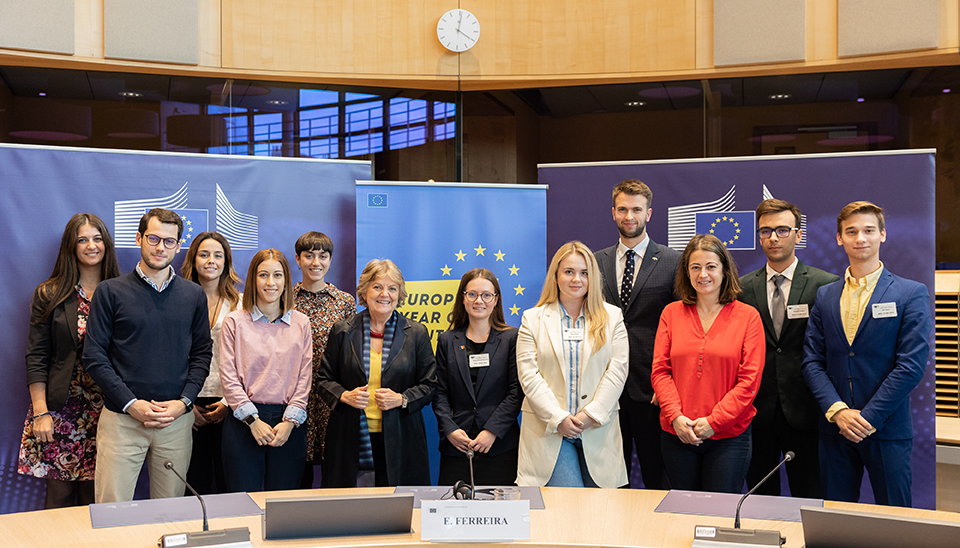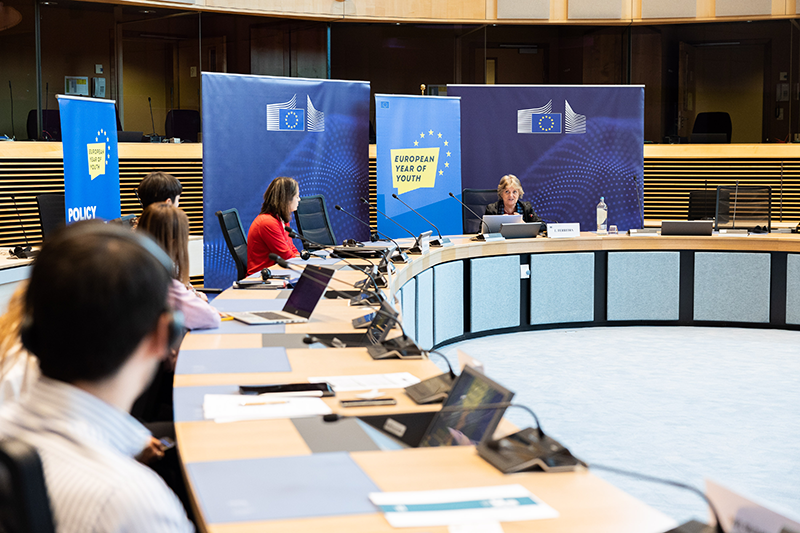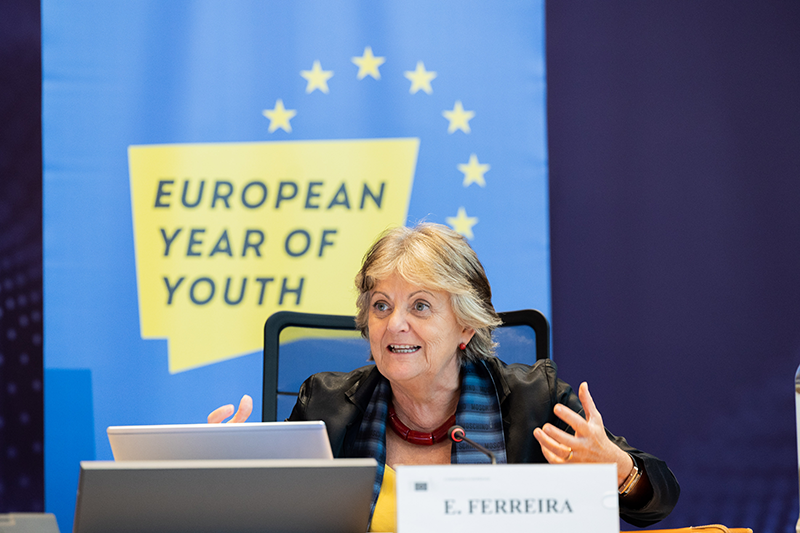Europe seeks to tackle ‘brain drain’ of young people from hard-hit regions
Freedom of movement is fundamental to the European Union, yet it can result in an exit of young talent and workforces from one region to another. A recent dialogue between young leaders and EU Commissioner Elisa Ferreira underlined areas that need addressing and showcased several measures to tackle the issue.

Despite improvements in education, several EU regions are faced with a low number of skilled people and an accelerated shrinking of the working population as people move for work or a better quality of life. This pattern of movement from a particular area is known as ‘brain drain’. Currently, one in ten people in the EU live in a region facing this challenge. Regions with lower-than-average economic growth are suffering most, such as rural areas in Southern and Eastern Europe. In line with the EU’s cohesion policy goal to reduce disparities between regions, the European Commission intends to retain and attract talent to these regions. The aim is not to offer the same opportunities everywhere, but to adapt to local needs according to the strengths and weaknesses of each region. Encouraging young people to remain in or move to affected regions can help to reverse brain drain. In the words of the Commissioner for Cohesion and Reforms, Elisa Ferreira, it is vital to keep the ‘energy of youth’ alive in the areas and countries where they are needed.

Policy dialogue
As part of the European Year of Youth, Commissioner Ferreira invited young participants from across Europe to discuss solutions for brain drain and to exchange ideas. The policy dialogue took place in September and involved 13 young leaders representing bodies such as national youth councils and employers’ associations. Opening the dialogue, the Commissioner stressed the importance of young people in creating new businesses, services and solutions. On their turn, the participants highlighted several sectors that need more support, such as healthcare, social services or energy sectors transitioning to green sources. Kaja Pavlinić, vice-president of the managing board of the Croatian Youth Network, emphasised that hospitality and tourism are struggling in her country. These businesses are major drivers of the economy and have had to look to young workers from outside the EU to plug the gap in worker shortages.

Several participants suggested that the transition to new economic models could safeguard the environment and provide social safety nets for more vulnerable people. ‘Economic growth can also be the backbone of some of the problems young people are facing in Europe,’ said María Rodríguez Alcázar, board member of the European Youth Forum adding that ‘Growth often comes at the expense of rights and working conditions.’
Actively involving youth
The participants and the Commissioner alike agreed that a deeper involvement in democracy would encourage young people to stay in regions.
Christiana Xenofontos, board member of the European Youth Forum, said: ‘We need to feel, as young people, an integral part of our societies, of our regions, of our cities to remain there and offer our skills.’ adding also how a positive and nurturing environment is strongly valued by young Europeans, particularly after the coronavirus crisis.
‘Talking about his own country, Jan Pałasz, member of the board at the Polish Council of Youth, said: ‘Compared to a year ago, the percentage of those undecided about whether to stay or go abroad for work has increased fivefold to 15%.’
An inclusive future
Commissioner Ferreira thanked all participants for joining and contributing. She acknowledged the demand for quality of life and a feeling of inclusion, not only jobs presenting also the EU-funded instruments and initiatives currently available that support young people and safeguard regions against brain drain such as the New European Bauhaus.
Thereafter it was highlighted that more support is coming next year. It is expected that the European Year of Skills in 2023, announced by Ursula von der Leyen, President of the European Commission, earlier in September, will help to address brain drain across Europe.
Overall, it is agreed that while all Europeans continue to enjoy freedom of movement, no one should be left behind. The whole of the EU must benefit from new opportunities for growth, particularly for young people.
Check more news from European Commission Regional Policy here: https://ec.europa.eu/regional_policy/en/newsroom/panorama/
